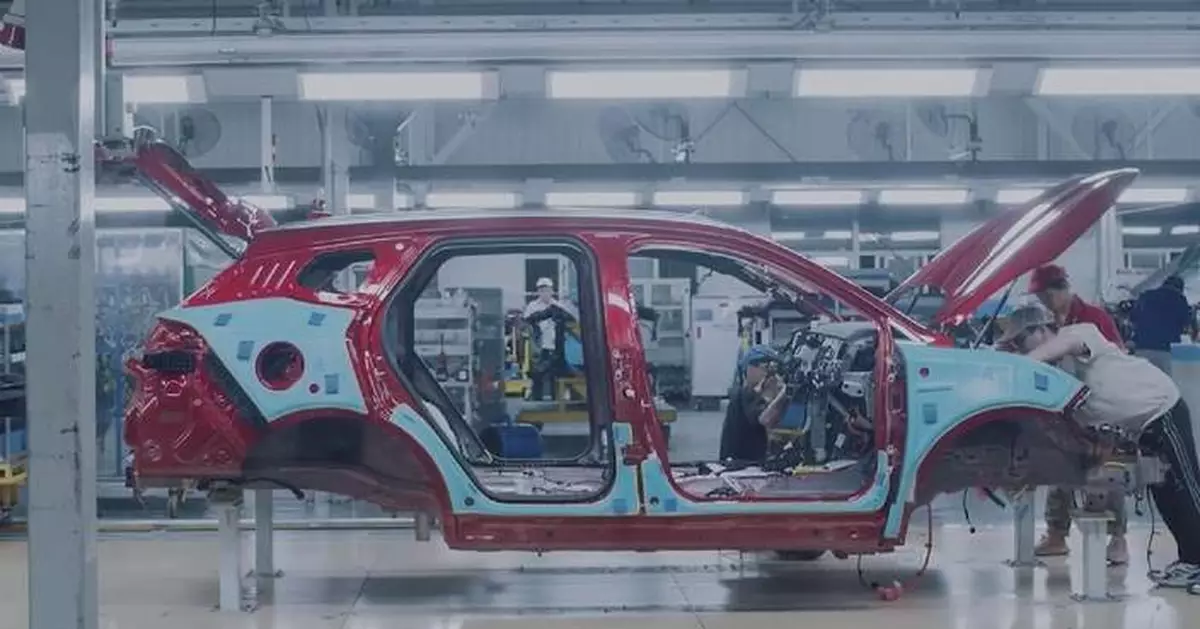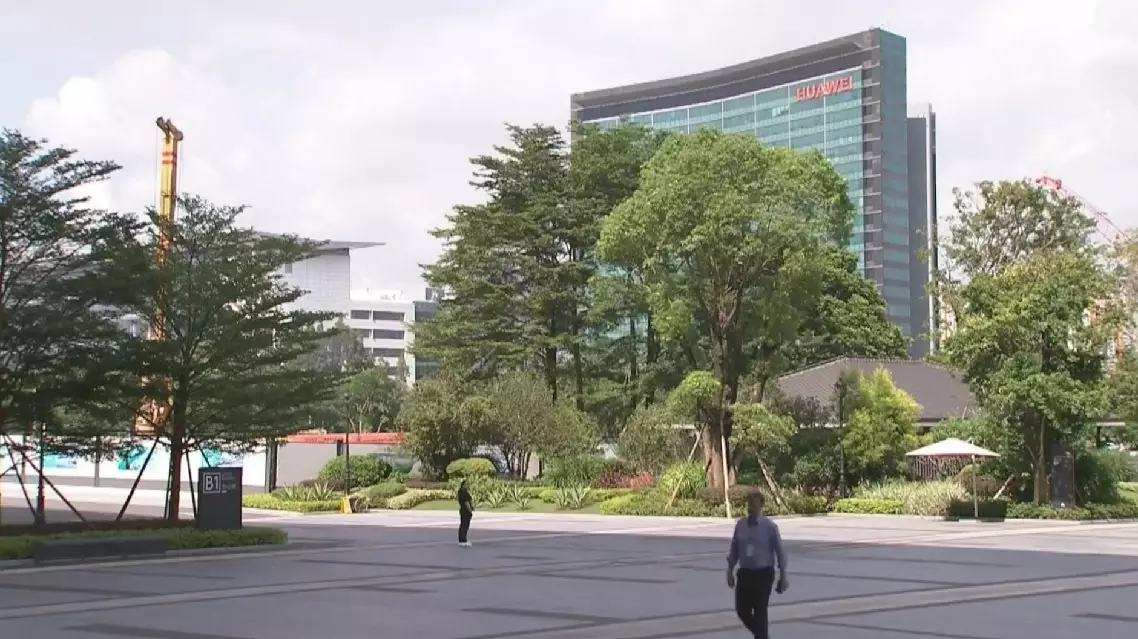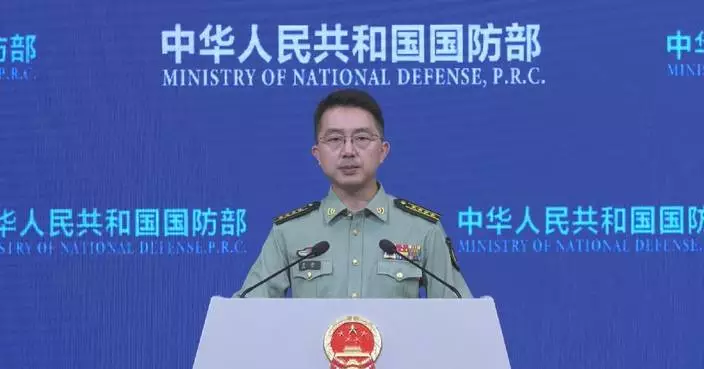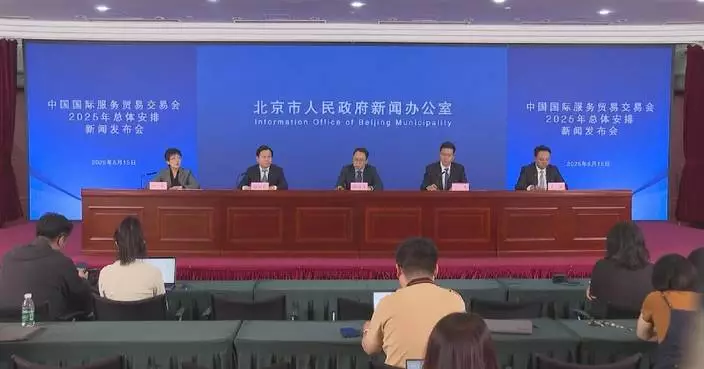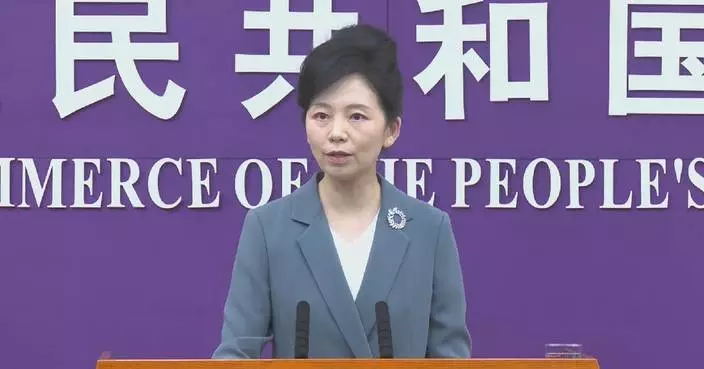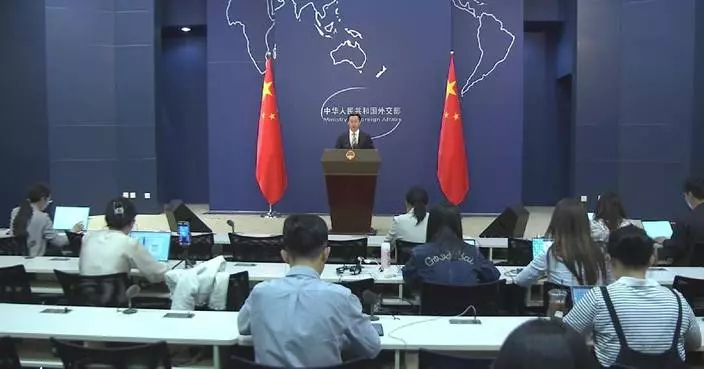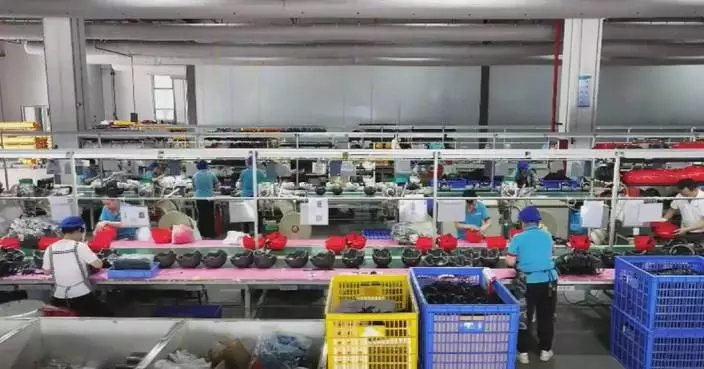Amidst the global rise of new energy vehicles (NEVs), Chinese automakers are setting up factories in Latin American countries such as Brazil, introducing advanced NEV manufacturing technologies to these countries and creating job opportunities there, thus fostering a collective effort towards green development.
Following booming overseas demand, China's car exports have seen explosive growth in recent years thanks to the growing popularity of NEVs, with domestic traditional automakers and newcomers entering overseas markets.
"From an originally simple product, to the development of high-tech intelligent driving and automatic driving, the Chinese automobile market has grown significantly in recent years," said Zhang Peng, head of production for Great Wall Motor (GWM) Brazil. It is widely believed that Latin America, a blue ocean market where automakers have made substantial investments, holds great market potential despite its relatively late start. Consequently, an increasing number of Chinese automakers are setting up plants in Latin America. GWM, China's largest manufacturer of SUVs and pickup trucks, started operations at its Brazilian factory in May 2024. The factory, focusing on electric vehicles, is expected to produce 100,000 vehicles per year, creating 2,400 jobs for local people.
"We mainly have ethanol and hybrid cars in the Brazilian market. This Chinese automaker is stimulating our market. The Chinese manufacturer is bringing new technology to the Brazilian market," said Guilherme Telles, senior product planning manager of GWM Brazil. A resident in Sao Paulo said that he used to spend 400 reais weekly on gasoline for a car. While with his electric car, the charging expenses amount to only 60 to 70 reais per week at most, greatly reducing his costs. "Battery technologies and other things have come together now for China's EV sector to literally boom in the last two and a half or three years, which of course drives a new, high valued capability. And in doing so, China's role within this global system changes or continues to evolve. And it evolves from being the workshop of the world to being the principal designer and sourcer of the first generation of new technologies for the world. And then it makes them available. That enables these other countries to also move up the value ladder," said Warwick Powell, an adjunct professor at Queensland University of Technology. According to analysts, it is crucial for businesses to establish factories locally. For a country, attracting investments and creating job opportunities are vital. This represents a sustainable technological development strategy. "China is at the forefront of the development of the green economy. That's an important mindset shift that has integrated. It's contributing to the decarbonization of the world economy through the development and manufacturing of a whole range of technologies and know-how," Powell said.
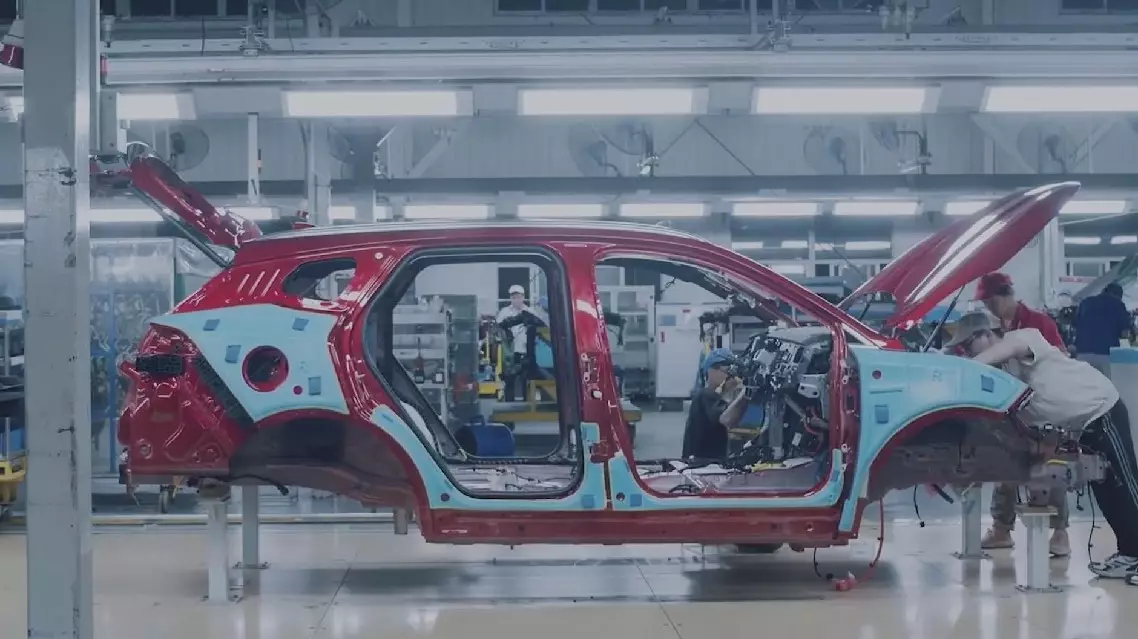
Chinese automakers drive green development in Latin America with NEV factories


